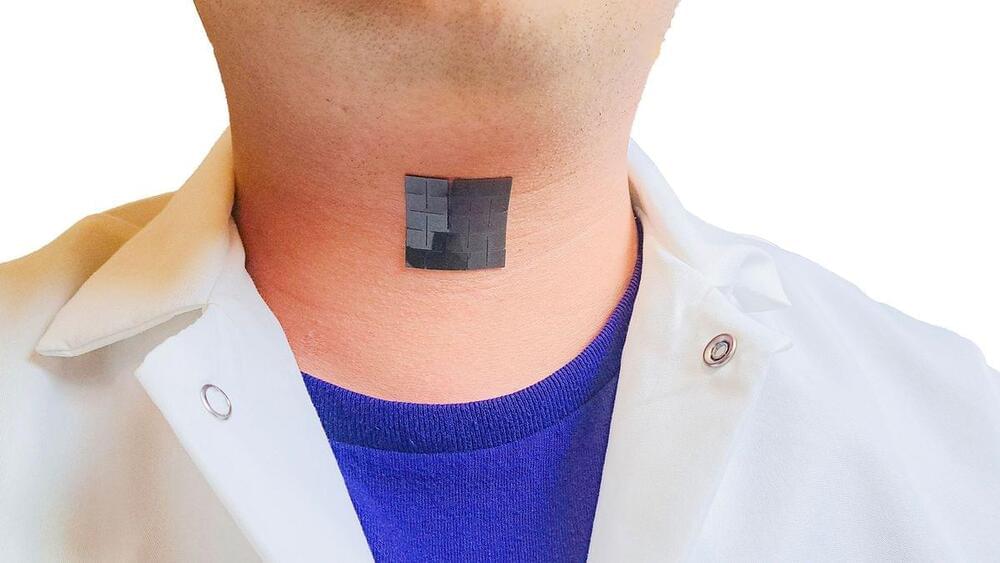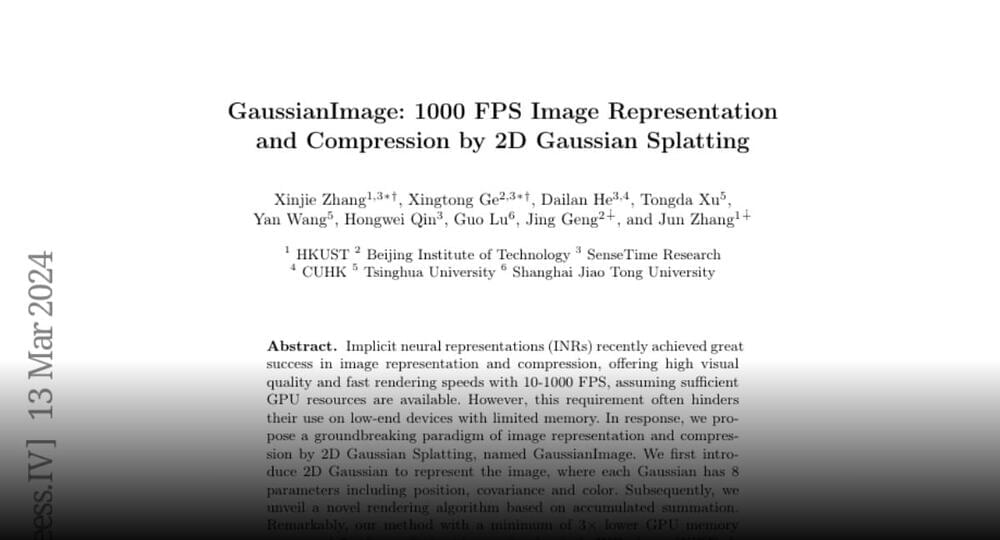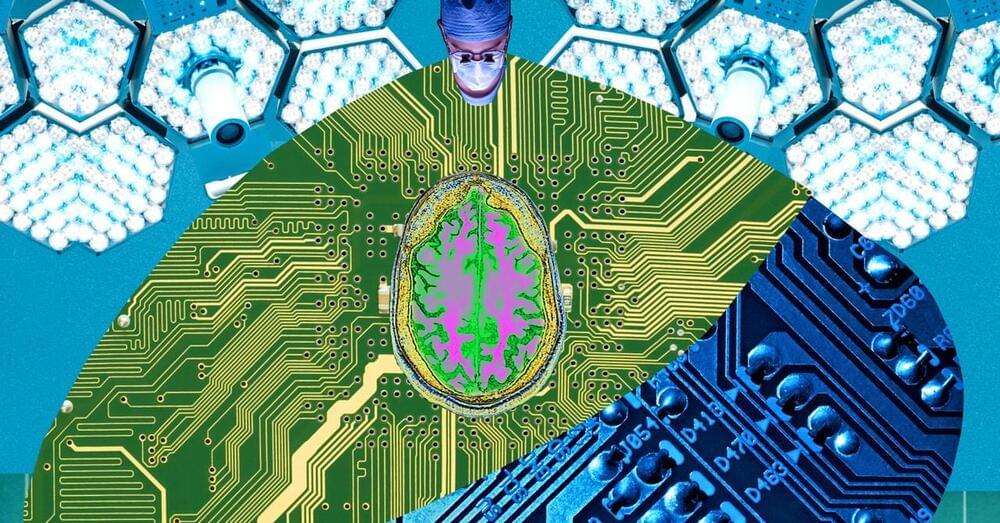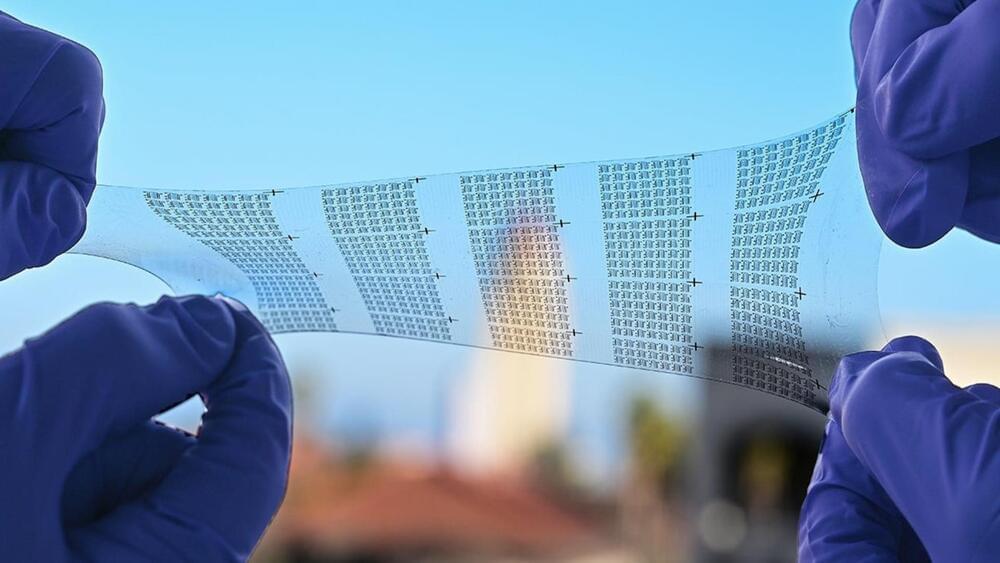Ultimately, every problem in the constantly evolving IT software stack becomes a database problem, which is why there are 418 different databases and datastores in the DB Engines rankings and there are really only a handful of commercially viable operating systems. But what if the operating system is the problem?
We are so used to thinking of the operating system as the foundation of the system that this kind of talk seems more weird than it does heresy, but make no mistake. When Michael Stonebraker and Matei Zaharia and a team of techies from the Massachusetts Institute of Technology and Stanford University are involved in creating a new operating system, it is definitely going to be heresy.
Stonebraker says that the spark for the idea for DBOS, which is short for database operating system, came when he was listening to a talk by Zacharia, who among other things was the creator of the Spark in-memory database while at the AMPLab at the University of California Berkeley and the co-founder and chief technology officer of Databricks, which has commercialized Spark.









